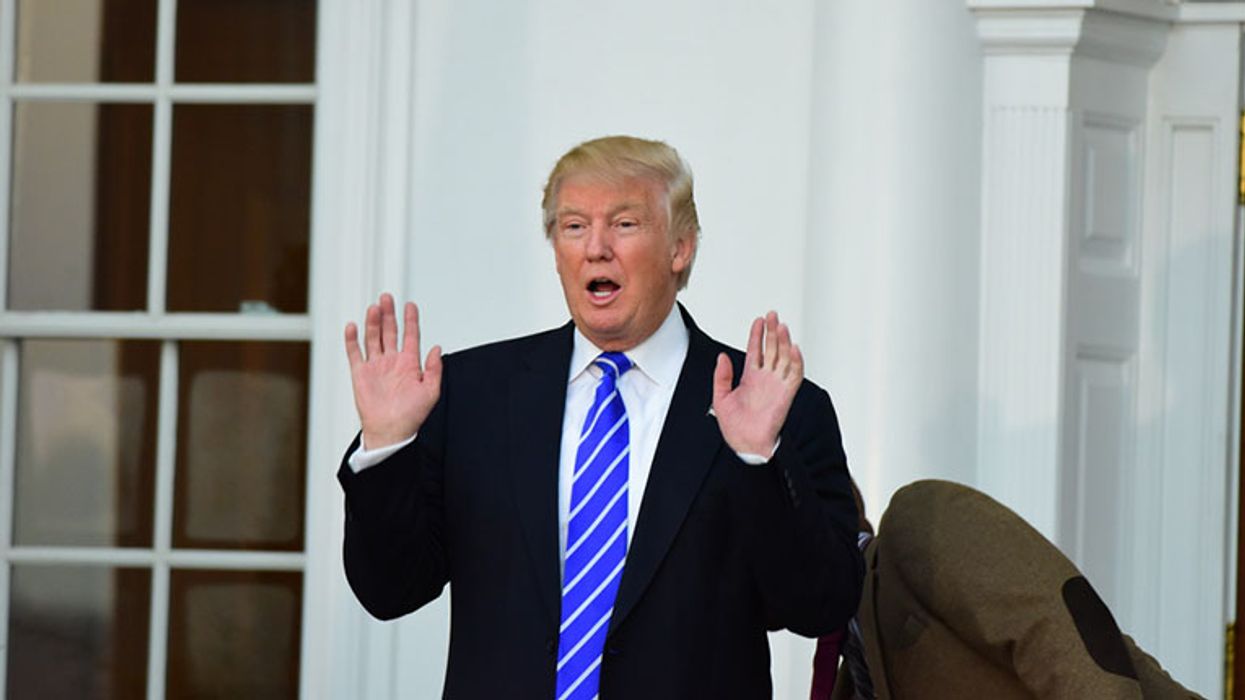Here’s what the judge will and won’t allow Trump to say in upcoming E. Jean Carroll trial


After the 2nd Circuit US Court of Appeals slammed the door on former President Donald Trump's civil immunity claims yesterday, writer E. Jean Carroll's defamation trial is set to move forward on schedule for next week.
The ex-president tried and failed before the full 2nd Circuit — whose jurisdictions includes Connecticut, New York and Vermont — to reverse a 2nd Circuit panel's prior ruling that Trump does not have civil immunity from actions he undertook as president, as it pertained to Carroll's ongoing defamation suit. And the 2nd Circuit rebuffed his lawyers' efforts to delay the January 16 trial, meaning that Trump will once again appear in a New York courtroom for the second trial in in just three months.
Now that the trial is moving ahead as scheduled, Lewis Kaplan — the judge overseeing proceedings — has laid out a laundry list of arguments Trump and his legal team are banned from making in the courtroom, likely as a means of reining in any attempts for the leading GOP presidential candidate to politicize the trial.
POLL: Should Trump be allowed to hold office again?
According to MSNBC legal analyst Lisa Rubin, Kaplan wrote that Trump and his lawyers are "precluded, in the presence of the jury, from offering any evidence, argument or comments" concerning a litany of topics. Kaplan muzzled Trump's team from uttering any comments in court about Carroll's choice of her attorney, or anything her attorney does outside of the courtroom. He also banned Trump's team from mentioning DNA in their arguments, and from any language relating to Carroll's past sexual experiences (Carroll had a long-running column in Elle magazine about sex and relationships between 1993 and 2019).
Most notably, Kaplan ordered that the ex-president and his lawyers should be prevented from "suggesting or implying that Mr. Trump did not sexually abuse Carroll; that he did not make his June 21 and 22, 2019 statements concerning Ms. Carroll with actual malice in the constitutional sense of that term; that Ms. Carroll fabricated her account, whether in consequence of a political agenda, financial interests, mental illness or otherwise; or offering testimony or advancing any argument inconsistent with the court's collateral estoppel decision determining that Mr. Trump, with actual malice, lied about sexually assaulting Ms. Carroll."
Kaplan also added that Trump's infamous Access Hollywood tape in which he boasted about sexually assaulting women "will be received in evidence" as a way for the jury to have "useful insight into his state of mind."
The upcoming defamation trial will only be for a jury to determine how much Trump is liable to pay, since he was already found to have defamed Carroll when he suggested in 2019 that she fabricated her sexual assault allegations against him for financial reasons. The trial will take place one day after the Iowa Republican Caucuses, where Trump is heavily favored to win.
READ MORE: US appeals court strikes down Trump's last-ditch effort to halt E. Jean Carroll trial